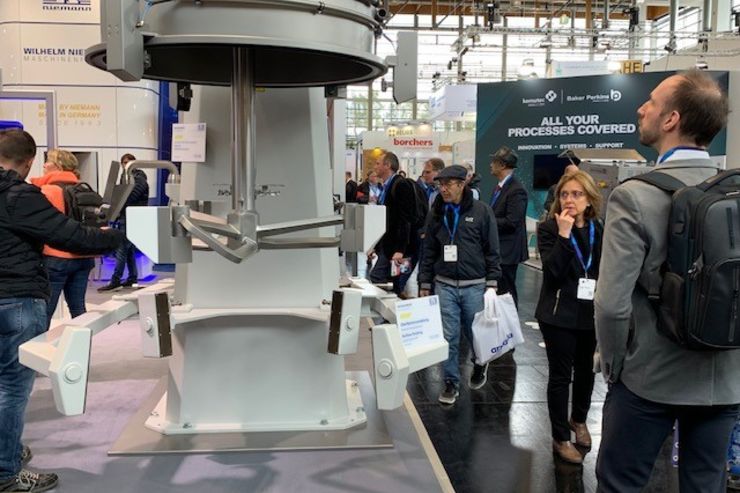Japanese technology company Asahi Kasei started production of acrylonitrile using biomass propylene in February 2022. Acrylonitrile is produced by catalytic oxidation of propylene and ammonia by air. It is a raw material for the production of synthetic fibers, plastics and synthetic rubber, and serves as a starting material for the production of acrylic acid, acrylic esters and acrylamide. Propylene is one of the most important intermediates in organic chemistry; it is produced during the thermal cracking of hydrocarbons and can likewise be obtained by bio-ethanol from biomass fermentation processes. Against the background of climate change and decarbonization, the certification of raw materials is becoming increasingly important. For example, the ISCC (International Sustainability and Carbon Certification) as an international certification system offers solutions for the implementation and certification of waste and residual raw materials. With ISCC PLUS, the ISCC has extended its established certification system to chemical applications. ISCC PLUS continues to consider sustainability at all stages of the supply and production chains. Asahi Kasei and its subsidiary Tong-suh Petrochemical Corp. (TSPC) are constantly working to reduce CO2 emissions throughout the whole supply chain. For example, in October 2021, TSPC became the first acrylonitrile producer in Asia to receive ISCC PLUS certification. The certification system enables TSPC to produce and sell acrylonitrile using biomass feedstocks. BU: The Japanese technology group Asahi Kasei has started the production of acrylonitrile using biomass propylene in February 2022.
Autor(en): lb







